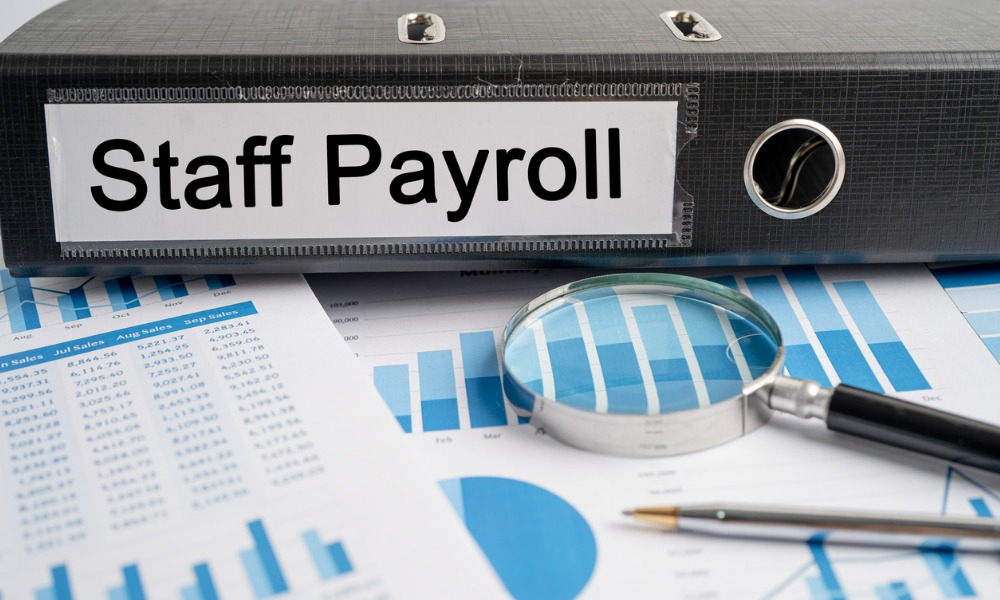Employers are probably already doing what is most important to employees, but have yet to capitalize on it. A study of working Canadians for the National Payroll Institute shows that 94% agree that they would look for a new job if their pay was regularly delayed and 91% agree that they would look for a new job if their pay was regularly inaccurate.

Employers are probably already doing what is most important to employees, but have yet to capitalize on it. A study of working Canadians for the National Payroll Institute shows that 94% agree that they would look for a new job if their pay was regularly delayed and 91% agree that they would look for a new job if their pay was regularly inaccurate. It says this highlights a critical area of opportunity that employers can't afford to ignore ‒ the importance of professional payroll. The central covenant of the employer-employee relationship is employees come to work to get paid and no matter what perks and benefits are layered on top, if payroll breaks down, the relationship breaks down. However, since payroll is the single biggest expense for organizations, it's most often viewed as a cost of business rather than a strategic investment, which is a mistake. When done right, it says the return-on-investment of payroll can be impressive. In contrast, when payroll is not handled professionally, it can be to the serious detriment of an organization. The study showed that if consistent and accurate pay for an employee's work were withdrawn, changed, disrupted, or compromised on a regular basis there would be further consequences for the organization. Survey respondents who have experienced payroll mistakes or delays reported feeling, as a result, unease about their ability to manage expenses (38%), unappreciated by their employer (38%), strain on workplace relationships (29%), negative mental health impacts (27%), and a lack of productivity or disengagement at work (26%). Each of these impacts affect an employee's willingness and ability to do good work, which ultimately means dollars lost for the business.



